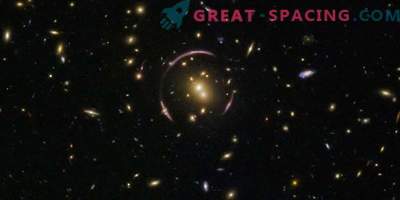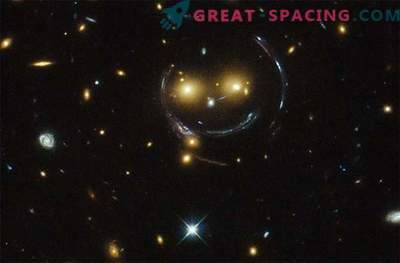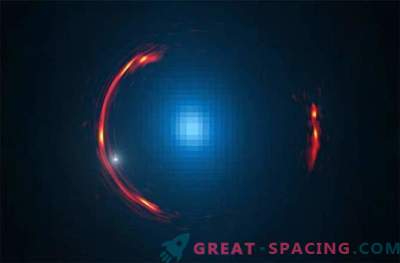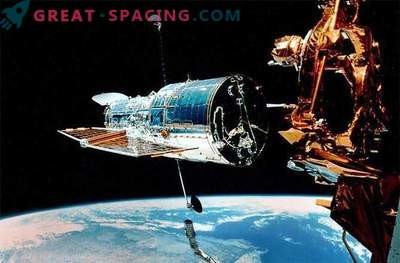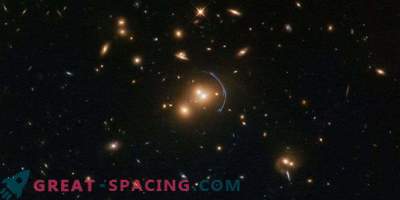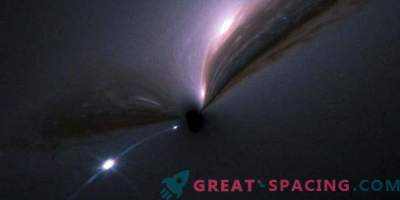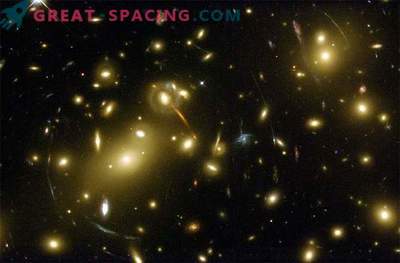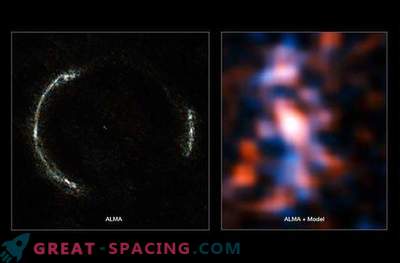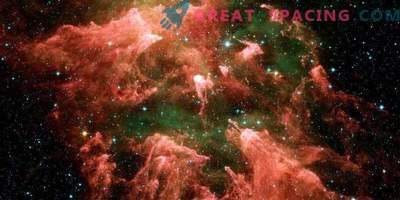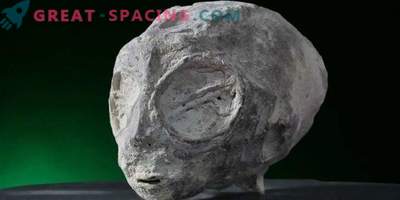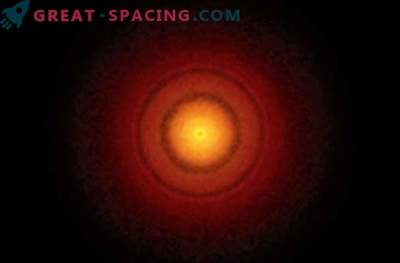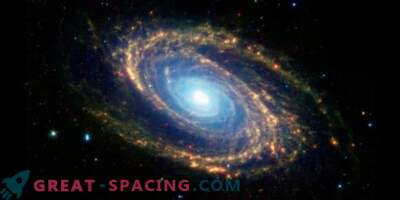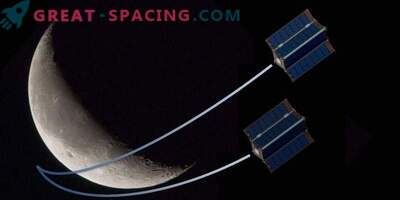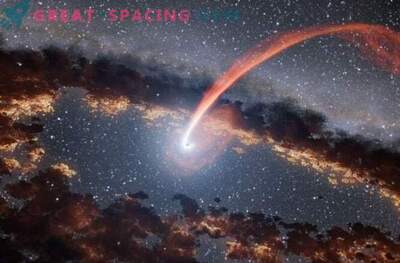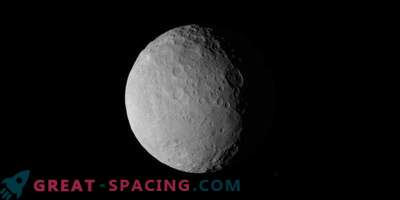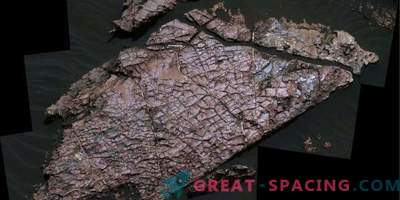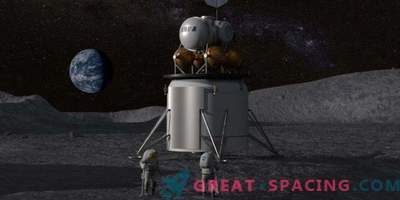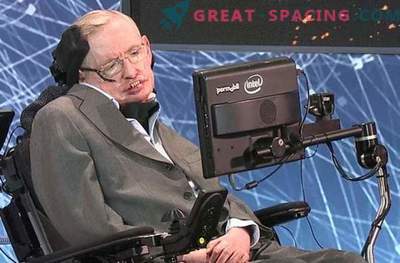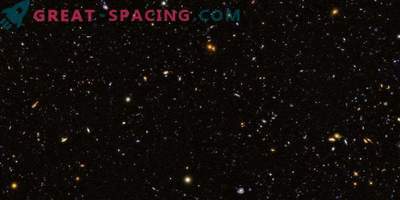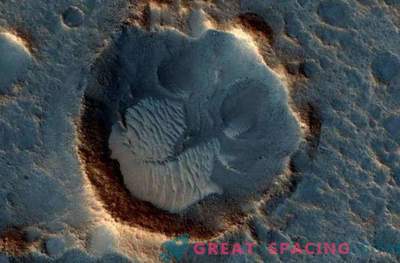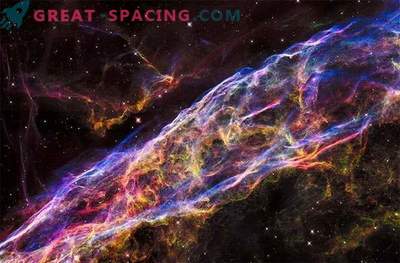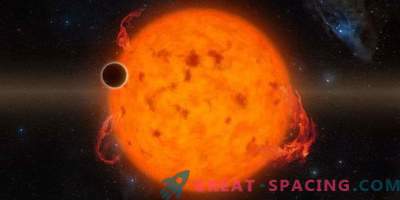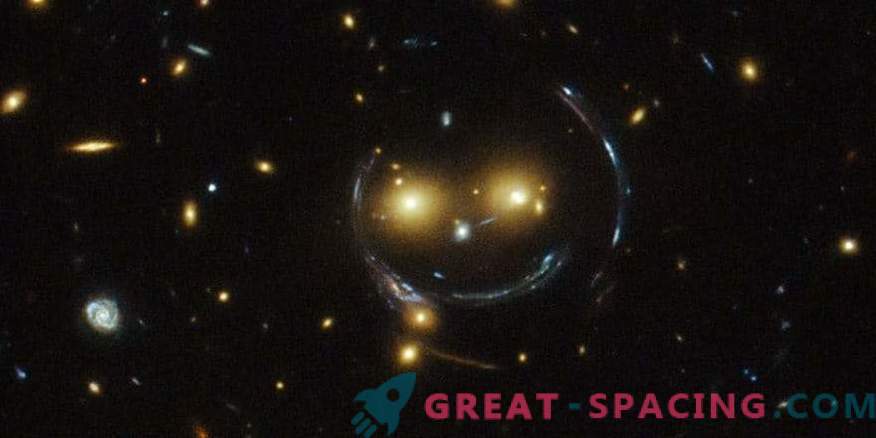
Scientists from Naples, Groningen and Bonn created a method to search for gravitational lenses in information databases. The method is based on an artificial intelligence algorithm used in Google, Facebook and Tesla.
Periodically, the galaxy hides behind another for the earth observer, and we can only see part of it. This phenomenon is called a gravitational lens and follows from A. Einstein’s general theory of relativity (the mass is capable of bending light). Researchers are looking for these lenses, because they can be used to study dark matter.
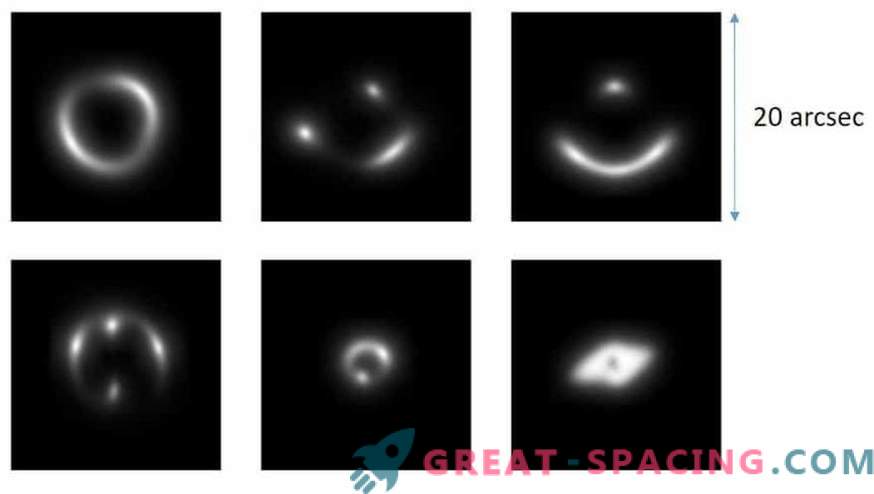
The image shows gravitational lenses used by astronomers to train a neural network.
But the hunt for these objects is a long process, because more than one thousand of captured images have to be reviewed. Therefore, scientists use help from volunteers all over the planet. But now speeds are growing and modern telescopes are gathering more information than they manage to process.
Google, Facebook and Tesla To correct this situation, astronomers have used special neural networks. They are used in Google, Facebook and Tesla to perform their tasks. Scientists have trained the network with the help of millions of frames of a small sky site. The surface area of the spot reached 255 square degrees (half percent of the sky).
Candidates for gravity lenses
Initially, the network issued 761 candidates for gravitational lenses. But the visual review reduced the number to 56. But these objects must now be tested in the Hubble Space Telescope.
In addition, the neural network was able to re-open two lenses. In the future, researchers plan to refine the process to look for more tiny objects.
Kilo-degree shooting
This is the first time that a similar technology is used to search for particular objects in astronomical research. The data comes from a Kilo-degree survey mounted on the Very Large Telescope (Chile).
